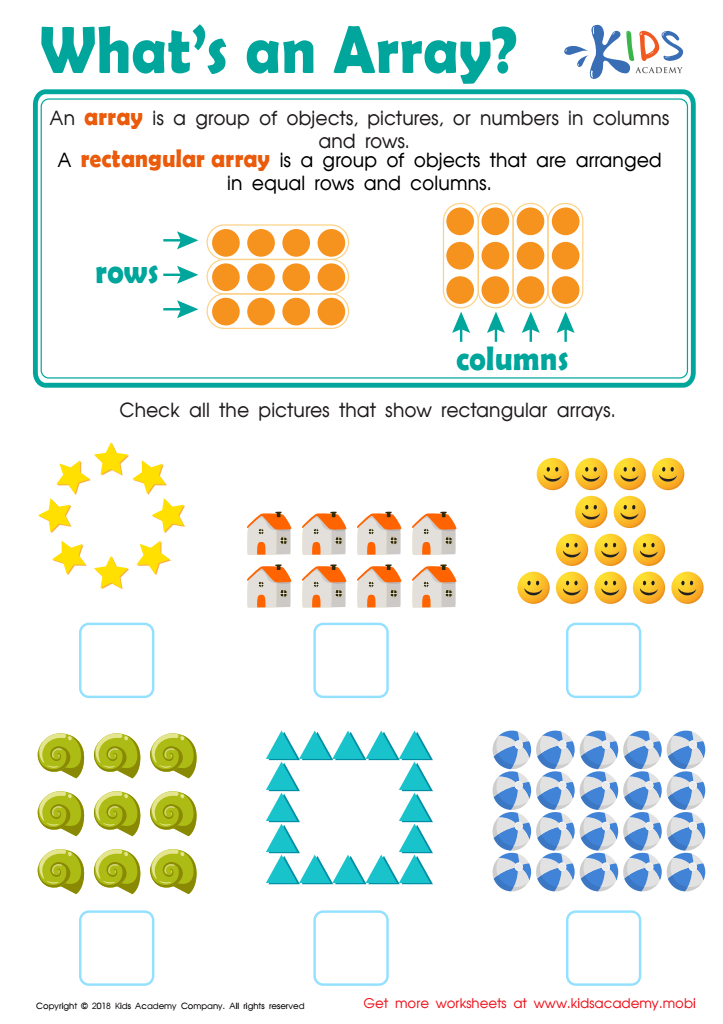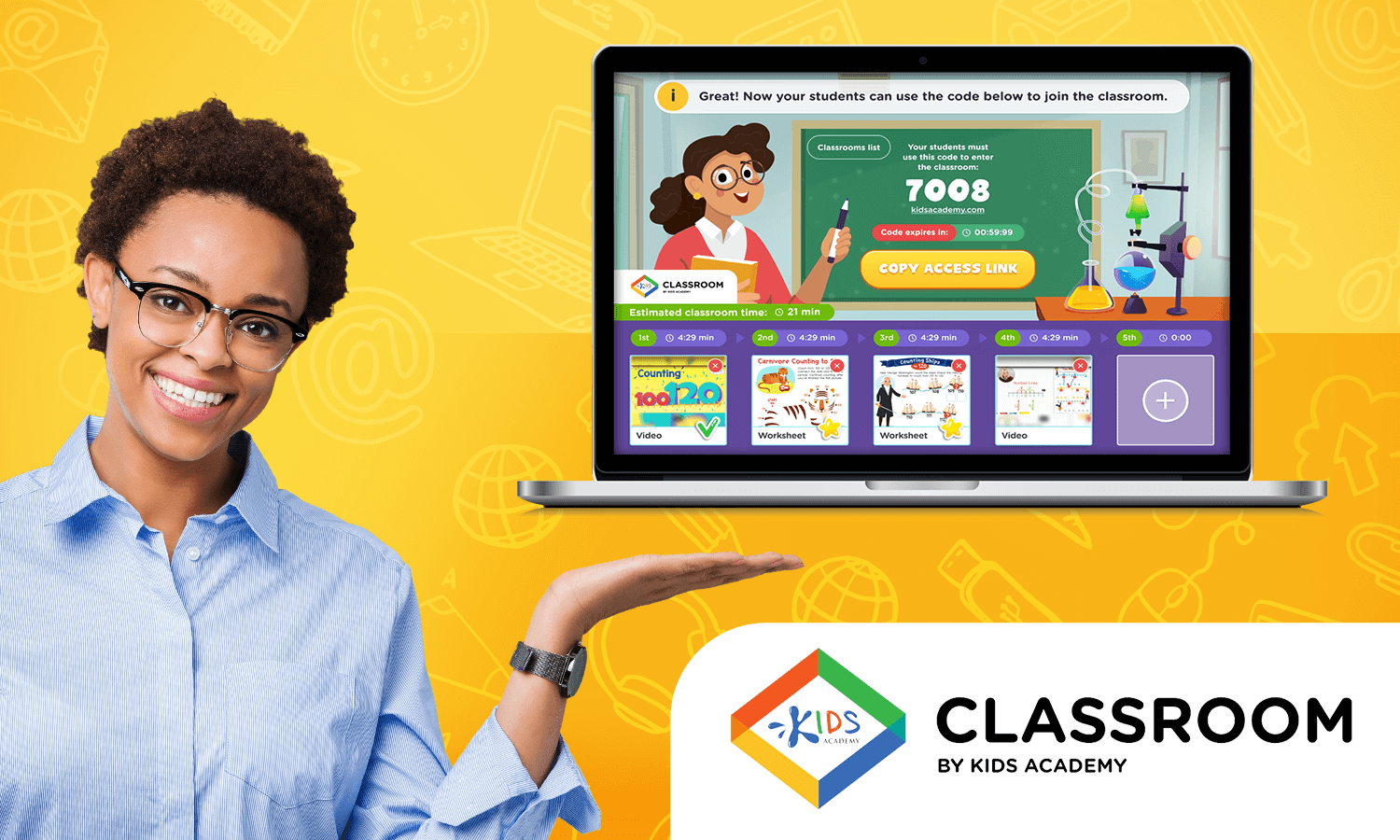Mathematical relationships Worksheets for Kids
1 filtered results
-
From - To


What's an Array? Worksheet
Question/Answer
Why is the Mathematical relationships skill important for Grade 2 students?
The Mathematical relationships skill is important for Grade 2 students because it lays the foundation for understanding numerical patterns, the relationship between numbers, and basic operations. This skill helps students develop critical thinking, problem-solving abilities, and a deeper comprehension of how math applies to real-world situations, setting the stage for more complex mathematical concepts in future grades.
How does the mastery of the Mathematical relationships skill affect a student's performance at an early age?
Mastery of mathematical relationships at an early age significantly enhances a student's performance by building a strong foundation for understanding complex mathematical concepts, improving problem-solving skills, and enabling the application of mathematics in real-life scenarios. It fosters analytical thinking and supports academic success across various subjects that require logical reasoning and quantitative analysis.
What are some effective activities to train students’ Mathematical relationships skill when teaching them about Numbers?
To train students' mathematical relationships skill in the context of numbers, effective activities include using manipulatives for hands-on learning, employing number lines for visualizing relationships, facilitating number talks to encourage verbal expression of mathematical ideas, implementing puzzles and games that involve pattern recognition, and conducting sorting and classifying exercises to highlight properties and relationships among numbers.
 Assign to the classroom
Assign to the classroom










